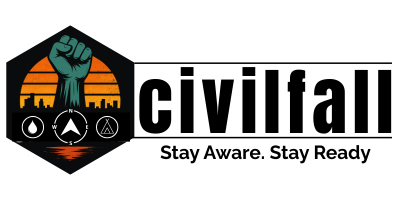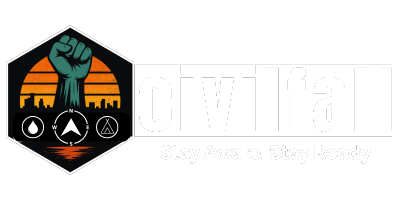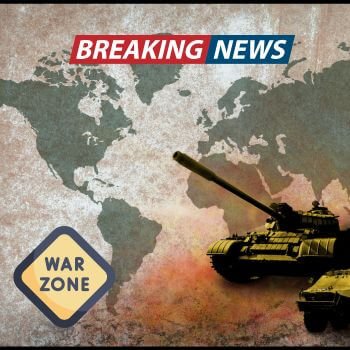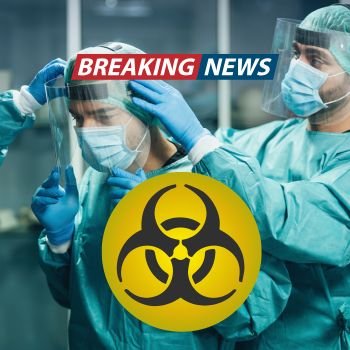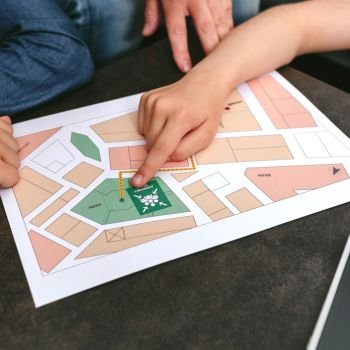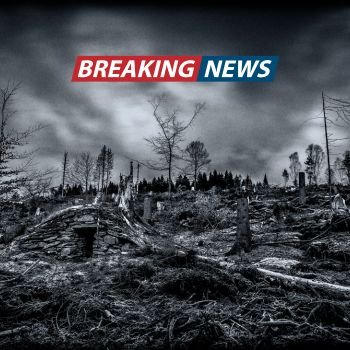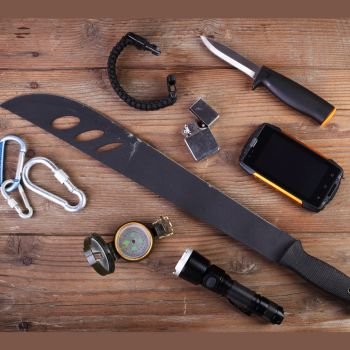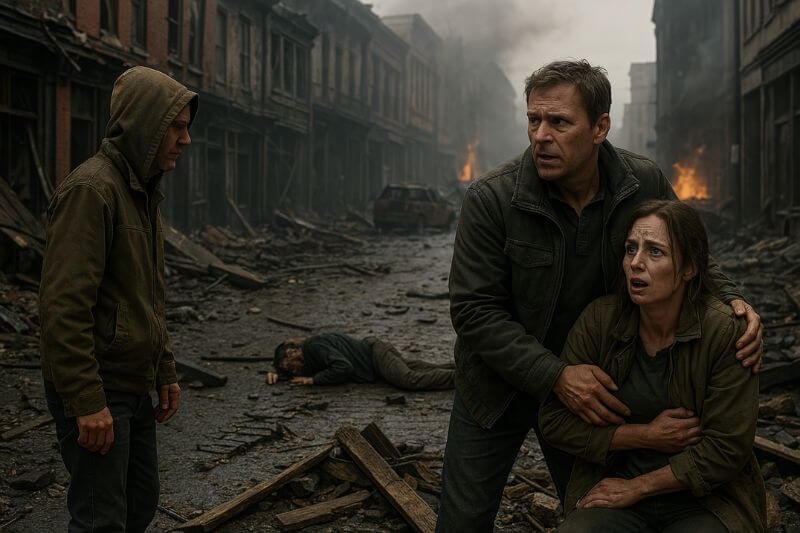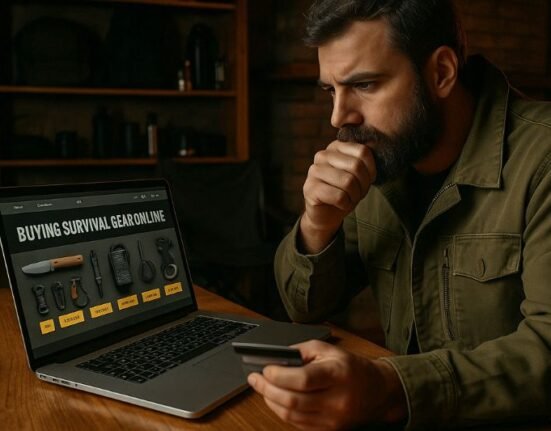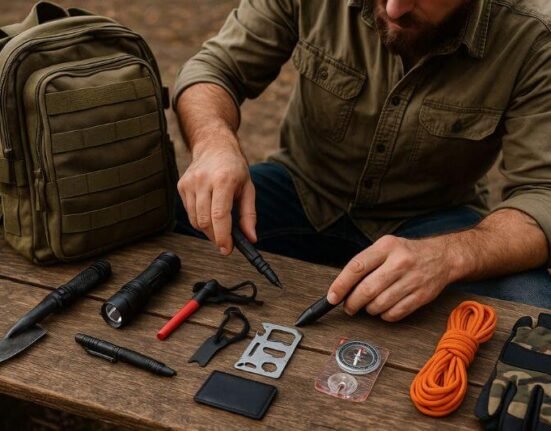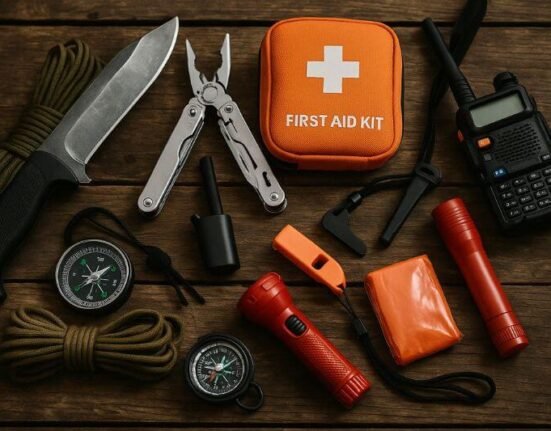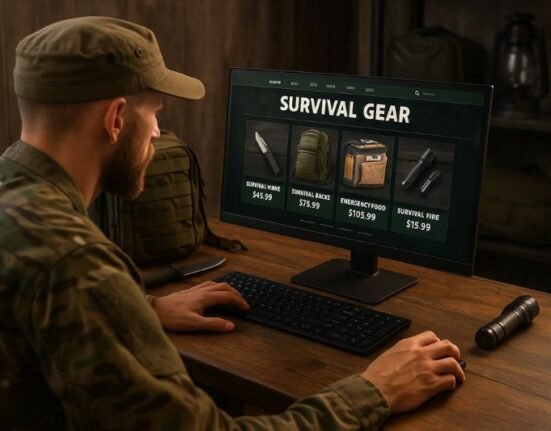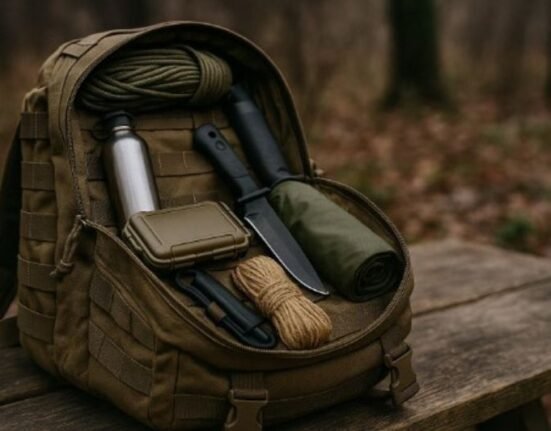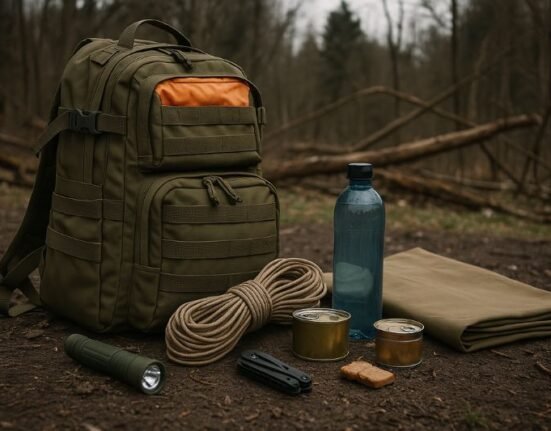Moral dilemmas in survival are not hypothetical—they’re real, brutal, and often unavoidable.
When systems collapse and rules vanish, you’re not just trying to stay alive—you’re forced to choose between right and wrong under pressure. And in many cases, there’s no “right” answer at all.
Imagine this:
- You have enough antibiotics for one person. Two are dying.
- A child is slowing down the group—but staying behind means death for everyone.
- A stranger begs to join your shelter. You’re already low on supplies.
What do you do?
These aren’t questions for philosophers in ivory towers. These are life-or-death decisions, made in seconds, often alone, and they will shape how you live with yourself long after the crisis ends.
When Survival Means Choosing Who Lives—and Who Doesn’t
In the comfort of modern society, morality is rarely tested. We live within guardrails—laws, expectations, social contracts. But when those guardrails collapse, moral dilemmas in survival hit like a shockwave. What once seemed clear becomes unbearably grey.
In a survival scenario, you’re not just navigating hunger or exposure. You’re navigating ethics.
Every decision becomes a calculation—sometimes conscious, often not—between opposing values that are equally valid:
- Loyalty vs. fairness: Do you save your friend, or the one who’s more useful to the group?
- Group interest vs. individual worth: Should you carry someone who can’t walk, knowing it slows everyone else?
- Efficiency vs. compassion: Do you ration food ruthlessly, or share until it runs out?
- Safety vs. humanity: Do you let a stranger into your shelter, risking your security?
These are the moral dilemmas in survival that cut deeper than any wound.
And once you’ve made your choice—you carry it forever.
“In disasters, you don’t just lose things. You lose illusions—especially about yourself.”
— Rescue volunteer, Haiti, 2010
Because that’s the real cost: the confrontation with who you are when everything’s stripped away. You might discover strength you never imagined—or weaknesses you never faced. You might be proud of the way you protected your people—or haunted by the look on someone’s face as you walked away.
The Hidden Cost of Every Moral Choice
Here’s the part most survival guides won’t tell you:
When the dust settles, the moral weight doesn’t.
People who make “the right tactical choice” often suffer emotional collapse later, because they didn’t prepare for the aftermath of their own decisions. That’s why understanding and training for moral dilemmas in survival is not some academic luxury—it’s a practical skill.
If you don’t rehearse these dilemmas in advance, you may act instinctively, impulsively—or freeze entirely. But if you’ve thought it through—if you’ve imagined the moment, felt the weight, made peace with your limits—then you can act with clarity when others are lost in confusion.
Turning Reflection Into Readiness
To truly prepare for moral dilemmas in survival, it’s not enough to hoard tools, filters, or freeze-dried meals. You need to stockpile self-awareness.
Because in a real crisis, your moral clarity is more important than your tactical gear.
Your decisions won’t only determine who survives—they’ll define who you become.
Ask yourself today—not when the pressure is on:
- If there’s only one portion of food left, who do I feed?
- What moral line will I never cross—even if my life depends on it?
- What action would haunt me long after the crisis ends?
These are not thought experiments.
They are mental rehearsals for the hardest moments you may ever face.
Write your answers. Revisit them. Challenge them. Talk them through with someone you trust.
Because one day, when the world is quiet and the consequences are real, your only guide may be the beliefs you forged before the fall.
🧠 This isn’t about looking noble. It’s about being able to look yourself in the mirror later.
The Weight of the Irreversible
In survival, some choices are permanent.
You can’t un-leave someone behind.
You can’t unsay “no” when someone begs for shelter.
You can’t undo the moment you chose yourself over someone weaker.
This is where moral dilemmas in survival become heavier than any backpack.
The emotional load doesn’t hit right away—it hits later, in silence, when the adrenaline fades.
Survivors often speak not of hunger or wounds, but of moral weight:
- The decision that saved them but cost someone else.
- The silence that led to death.
- The betrayal of their own code.
“I survived—but I wasn’t proud of how.” — Flood survivor, Texas, 2017
That’s why mental resilience is essential—but insufficient.
What you really need is a calibrated moral compass—one you’ve tested and tuned while the sky is still blue.
From Uncertainty to Moral Readiness
In the next sections, we’ll break down exactly how to train this kind of clarity:
- Real-world moral dilemmas in survival pulled from disaster zones and historical collapse
- The three major ethical frameworks that shape survival thinking: Utilitarianism, Deontology, and Virtue Ethics
- A method to build your own “Crisis Code of Ethics”—a decision-making system you can rely on when instinct fails
- Practical ways to rehearse judgment under pressure, before catastrophe forces your hand
Because survival isn’t just about making it out alive.
It’s about walking out with a conscience that’s still intact.
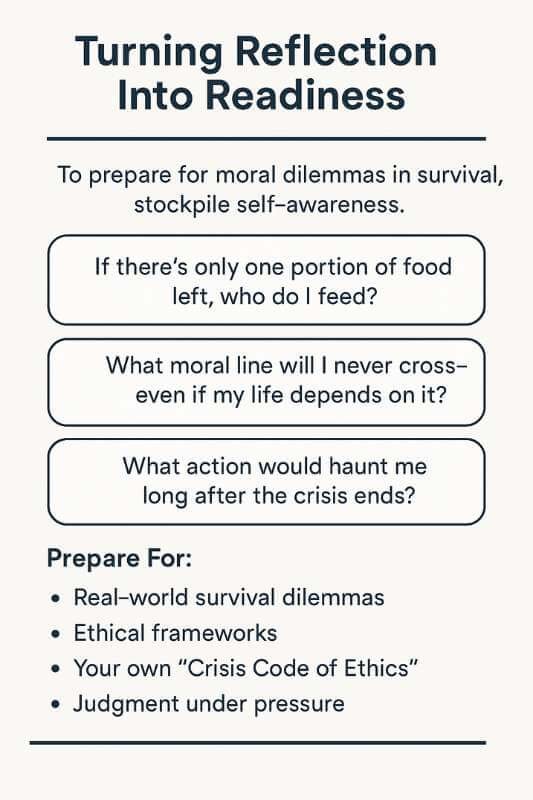
Ethics Under Fire: The Big Moral Frameworks in Survival
To navigate moral dilemmas in survival, you need more than instinct—you need an ethical framework. That doesn’t mean quoting Plato in a flood. It means knowing how your values guide your choices when the pressure is high, time is short, and lives are on the line.
Let’s explore three major ethical models that influence survival decisions, consciously or not.
⚖️ 1. Utilitarianism: The Greatest Good for the Greatest Number
Utilitarian thinking asks, “What decision will help the most people, even if it hurts someone?”
In a disaster, this often means:
- Prioritizing the healthy over the weak
- Choosing who gets rations based on productivity
- Leaving behind the slow to save the many
Example: In a group of five evacuees, one person is injured and slowing everyone down. A utilitarian may argue that leaving them behind ensures the survival of the remaining four.
🧠 Strength: Objective, scalable decisions
⚠️ Risk: Emotional numbness, moral coldness
🛡️ 2. Deontology: Do What’s Right, No Matter the Outcome
Deontological ethics say that certain actions are always right or wrong—regardless of the results.
In survival:
- You don’t kill, even if it would save others
- You don’t abandon people, no matter the odds
- You don’t lie to gain advantage
Example: You’re hiding in a basement. A child cries loudly. A utilitarian would silence them to save the group. A deontologist would protect the child’s life, even at risk.
🧠 Strength: Clear, principled guidelines
⚠️ Risk: Outcomes may be disastrous
🌿 3. Virtue Ethics: Be the Person You Can Live With
Virtue ethics focuses not on rules or outcomes, but on who you become through your choices.
In this view, the right choice is the one that aligns with your character and integrity.
In survival, this might mean:
- Sharing limited resources because it reflects compassion
- Staying behind to help the injured because that’s who you are
- Refusing to steal, even if no one would ever know
Example: You find abandoned supplies. You know someone else might return for them. Do you take them? A virtue ethicist asks: What would a just, honest person do—even now?
🧠 Strength: Morally rich, human-centered
⚠️ Risk: Less practical in complex, fast-moving crises
Which Framework Do You Default To?
You don’t need a philosophy degree to use these models. But in survival, you will default to one—especially under stress.
💡 Here’s a quick self-assessment:
| Situation | Your Reaction | Your Ethical Bias |
|---|---|---|
| One shelter spot left—two people need it | Choose the youngest or strongest | Utilitarian |
| Offer to split the space equally | Deontologist | |
| Choose the person who looks the most desperate | Virtue-based compassion |
Most of us use a mix, but knowing your default helps you:
- Spot your blind spots
- Balance reason with feeling
- Prepare for the emotional cost of hard choices
Building Your Personal Survival Ethics: The Crisis Code
You won’t have time to debate ethics when catastrophe hits.
That’s why every survivalist should develop a Crisis Ethics Code—a compact, personal set of principles designed to guide fast, high-stakes decisions.
✏️ Step 1: Define Your Non-Negotiables
Start by asking:
- What would I never do, even to survive?
- What would I do only as a last resort?
- What would I regret the most afterward?
These answers form the core boundaries of your moral identity.
“In survival, you won’t always feel proud. But you should never feel ashamed of who you became.”
📜 Example Crisis Code
| Situation | My Response |
|---|---|
| An innocent person is slowing down the group | I assist, but not at the cost of everyone’s life |
| Stealing from another prepper’s stash | Only if lives are immediately at risk, and I leave a message |
| Leaving someone behind | Never, unless group survival is clearly threatened |
| Trading resources for unethical favors | Never |
| Prioritizing family over strangers | Yes, but without cruelty or selfishness |
✅ This isn’t about being perfect. It’s about avoiding the kind of choices that haunt you for life.
Mental Rehearsal: Reducing Ethical Shock
Just as you train with fire drills or first aid kits, you can rehearse moral dilemmas in survival through guided mental scenarios.
🧠 Try this:
“I have one pack of antibiotics. Two people are infected. One is older but useful. One is younger but weak. What do I do?”
Think through it. Feel the discomfort. Then decide—now, when you have space to reflect.
Repeat this with different scenarios monthly. The more you confront impossible choices in peacetime, the less they will fracture you in crisis.
✅ Conclusion: Survive the Event, and Yourself
In survival, staying alive is not the only challenge. Living with your choices is just as critical.
That’s why mastering the moral dilemmas in survival is not an optional part of prepping—it’s foundational. Your gear, your shelter, your plan—none of it matters if your conscience collapses faster than the grid.
So build your ethical compass.
Test your reactions.
Talk to your group.
And when the moment comes, you’ll not only survive the disaster—you’ll survive your own reflection afterward.
❓ FAQ – Survival Ethics and Impossible Choices
Q: Is it ever acceptable to leave someone behind in a survival situation?
Yes—but only after every other option has been exhausted.
Leaving someone behind is one of the most extreme moral dilemmas in survival, and it should never be taken lightly or done reactively.
In some cases, the survival of the group may depend on making this painful decision. If an injured member is slowing down evacuation and the threat is imminent—like a wildfire, hostile force, or flood—staying behind might endanger everyone. However, if you haven’t planned for this scenario, your emotions and instincts will clash violently, making you freeze or act out of guilt.
That’s why it’s vital to have a predefined ethical protocol. Ask yourself in advance:
- At what point does the safety of many outweigh the needs of one?
- Can we leave someone with resources, shelter, or the chance of rescue?
- Are we choosing this out of necessity—or fear?
If the decision is unavoidable, document it (if possible), offer comfort, and commit to returning if conditions allow. And above all, make peace with that choice—because it will follow you long after the event is over.
Q: How do I prioritize my group in a survival setting without becoming selfish or cold?
This is one of the most subtle moral dilemmas in survival: balancing loyalty with empathy, and self-protection with fairness.
The key is transparency. If you choose to prioritize your family or inner circle—which is natural—own that decision early. Tell your group or allies what your priorities are. Hidden agendas destroy trust faster than bad weather.
But also build ethical margins into your plan:
- Can you carry extra supplies for others in case you meet them?
- Can you share information, even if you can’t share food?
- Can you delay your departure by 10 minutes to help someone regroup?
True survival isn’t just about escaping alive. It’s about preserving humanity while doing it.
Being strategic doesn’t mean being cruel. And being kind doesn’t mean being naïve. A well-prepared survivalist can act decisively without losing their soul.
Q: What if someone in my group wants to make an unethical choice—like stealing, harming others, or abandoning a child?
This is a real-world scenario that happens more often than you think in disaster zones. Group pressure, stress, and scarcity can push even stable people toward dangerous behavior.
To avoid conflict, you need to build a shared ethical foundation before the crisis:
- Set non-negotiable rules as part of your group preparedness plan
- Discuss common moral dilemmas in survival (like resource theft, betrayal, or abandonment)
- Agree on what’s unacceptable—and what happens if lines are crossed
If someone still decides to act unethically, you may need to part ways. It’s brutal, but your own moral safety is at stake. Trust breaks are like infections: left untreated, they can rot your group from within.
Remember: you’re not just surviving a crisis—you’re surviving alongside people who could determine your fate.
Q: How can I emotionally survive the moral trauma of a brutal choice I had to make?
Moral trauma is often more enduring than physical injury. You may live with your decision—but you might not live well with it.
Here’s how to reduce long-term emotional damage after facing a crushing ethical choice:
- Debrief: Talk it out with a survivor, family member, or counselor. Say what happened. Say why you did it. Say what you wish had been different.
- Journal: Write out the situation in full. Include your thoughts, emotions, justifications, and lingering questions.
- Reflect on your code: Did your action match the values you outlined before the crisis? If yes, you may carry pain—but not shame.
- Forgive the version of yourself that acted: No one is perfect under collapse conditions. But acting with conscious intent rather than blind fear already puts you ahead of the majority.
“I didn’t want to make that choice. But I didn’t run from it either.”
— Urban flood survivor, New York, 2021
Healing takes time. But if your decisions were grounded in clarity, you can process them with less regret—and with more peace.
Q: Is there a best ethical system to follow in survival situations? Utilitarianism, deontology, virtue ethics… which one works?
There’s no single framework that works for every crisis. Each has strengths and blind spots when applied to moral dilemmas in survival.
Let’s recap:
| Ethical Model | Survival Focus | Strength | Risk |
|---|---|---|---|
| Utilitarianism | Greatest good for the greatest number | Efficient, scalable | May devalue individuals |
| Deontology | Follow absolute moral rules | Clear and principled | May lead to catastrophic outcomes |
| Virtue Ethics | Be who you want to be | Personal integrity | Less useful in group survival planning |
🔍 Use them together.
When facing a dilemma, run it through each lens:
- What choice saves the most lives? (Utilitarian)
- What’s morally right, regardless of outcome? (Deontology)
- What can I live with afterward? (Virtue)
This gives you a 360° ethical compass—not perfection, but perspective. And in a chaotic world, perspective is priceless.
Final Thought
The worst part of a survival scenario isn’t always the hunger, the danger, or the cold. It’s the decisions you had to make to get through it.
That’s why mastering moral dilemmas in survival is just as vital as learning how to build a fire or purify water. Because in the end, survival is not just staying alive.
It’s living with the choices that got you there.
